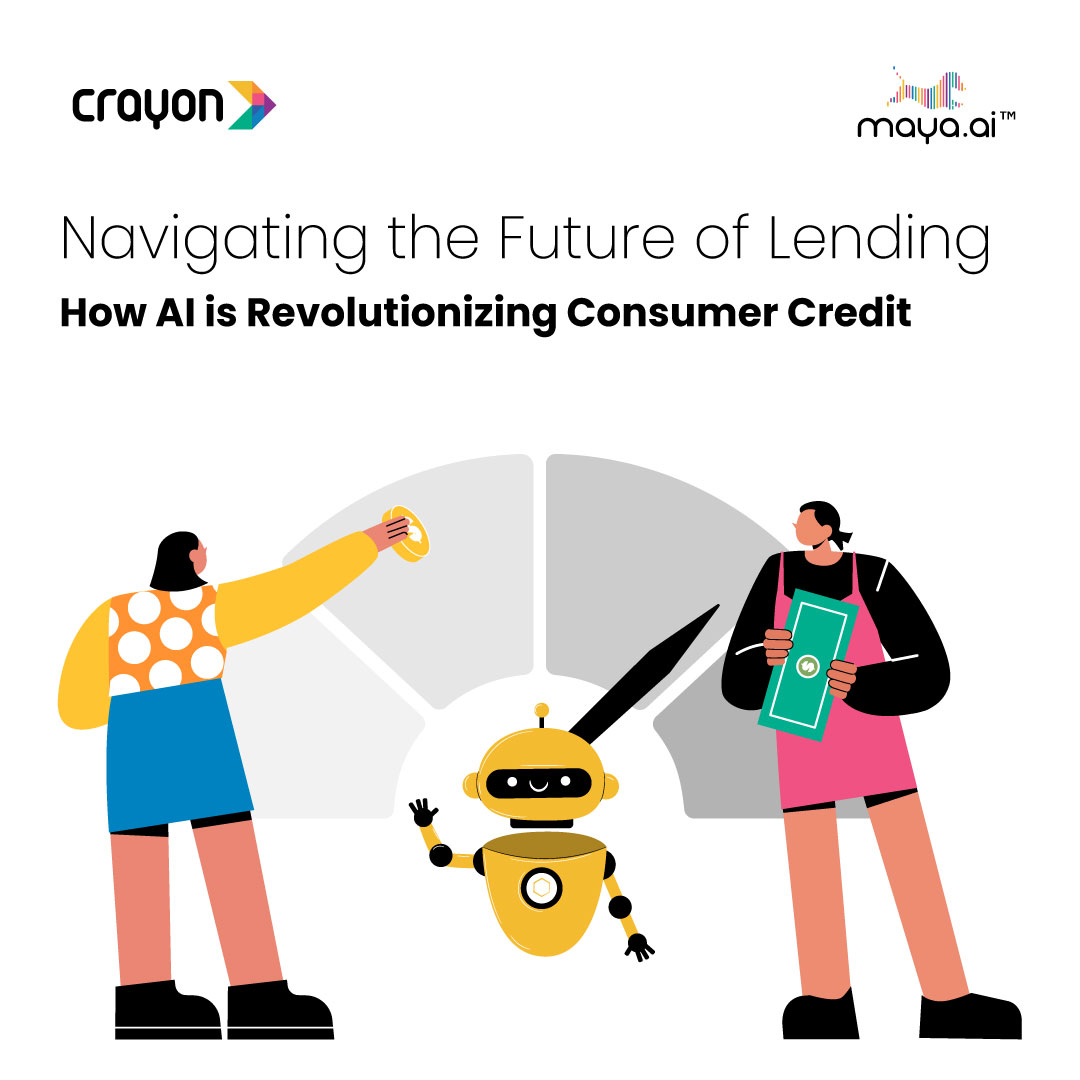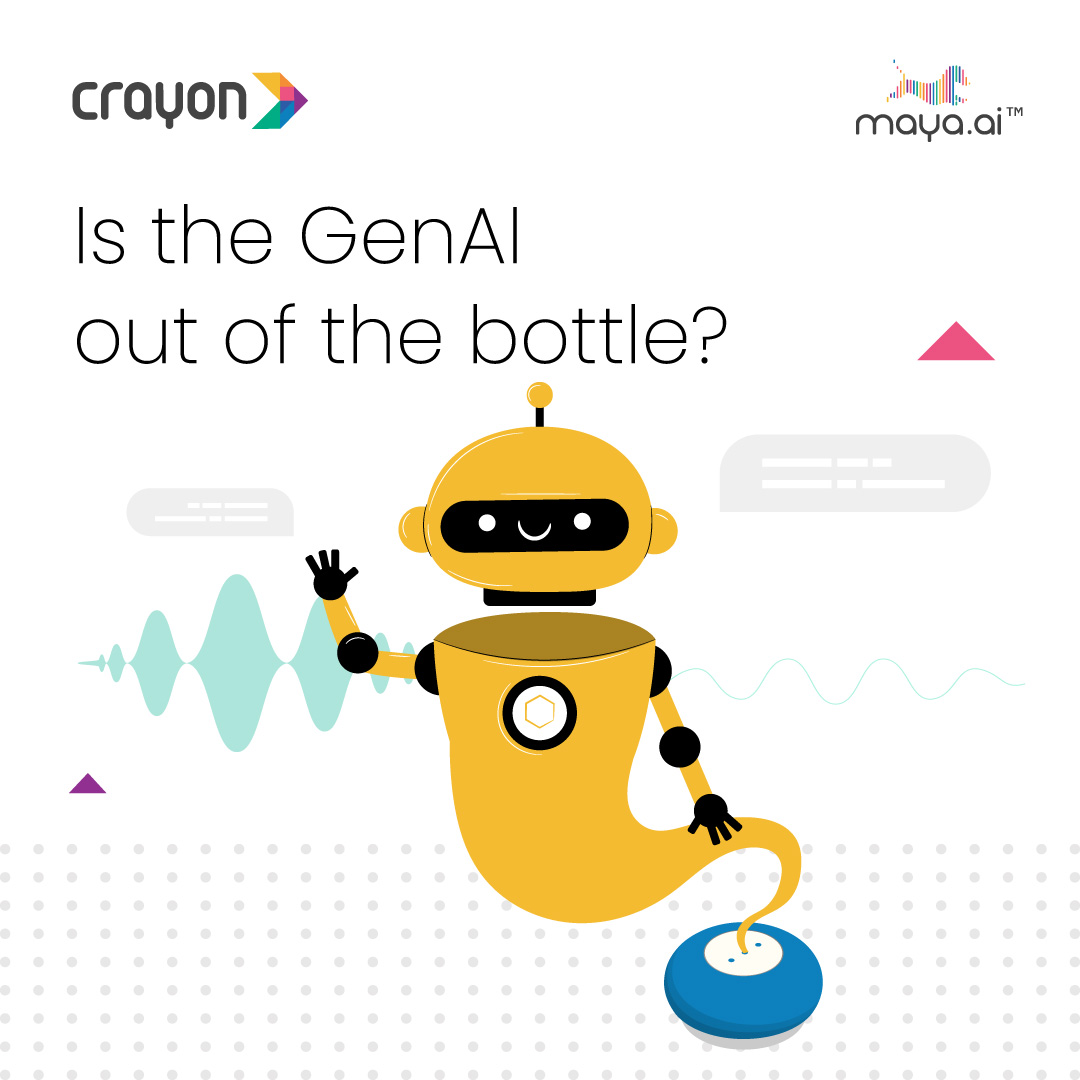Artificial intelligence (AI) robots are changing the world we live in by helping us to not only expand our physical abilities but augment our behavioral patterns and boost our social skills as well. At present, approximately 1 in 54 children born in the USA is on the autism spectrum. Many of these children face a range of social, communication, and emotional challenges on a daily basis. Although traditional speech and behavior therapy can have a significant impact on a child’s development, these interventions are often extremely time-intensive and expensive. It is also very difficult to effectively apply a one-size-fits-all approach as each child experiences a unique set of challenges. Thankfully, the development of new AI in-home robotic companions is helping to supplement traditional therapies, enhancing a child’s development considerably.
Kiwi can teach math and social skills
A team of researchers based at the University of Southern California has successfully created a socially-assistive robot known as “Kiwi” to use in a study. The robot is able to teach math and social skills to children on the autism spectrum. By making use of video and audio data as well as eye contact and verbal dialogue, Kiwi can determine whether a child is immersed in a training activity or not. When it is detected that the child is not engaging in the activity, the robot will react accordingly and try to re-engage them for an extended period of time. During the initial testing phase of the robot, Kiwi managed to accurately predict a child’s level of engagement 90% of the time.
The study used data from a realistic environment
To gather data for the study, a Kiwi robot was placed in the homes of 17 children on the autism spectrum for a period of one month. During this time, all the children played a series of math games with a space theme on mobile devices alongside Kiwi’s feedback and instructions. As time passed, Kiwi was able to tailor its response to each individual child in order to elicit the best possible feedback. The difficulty of every game could also be adjusted to suit the aptitude of each child. Whereas most other studies were conducted in a controlled laboratory environment in a reduced time-frame, study co-author Maja Mataric made it very clear that the team wanted to examine the impact of robotic companions in a realistic setting.
Children also learn as they play
While Kiwi was designed to assist children who experience social challenges, AI robots can also benefit children through play. Tiny tanks, talking dogs, and space-age creatures can provide a child with countless hours of relaxation while cultivating a love for electronics, improving fine-motor skills, and even advancing creativity. Through machine learning, many robotic toys can even personalize their interactions with a child over time. When choosing a robotic toy for a child it is important to make sure that it is age-appropriate. This will ensure that the toy doesn’t pose a safety hazard while aiding development and offering enjoyment. For the purpose of the study using Kiwi, however, the focus was placed on learning instead of playing.
It wasn’t all smooth sailing
Despite providing invaluable data, the realistic, in-home environment proved to be somewhat challenging. Not only were some robots accidentally damaged, but curious siblings who also wanted to interact with Kiwi, made it more difficult to analyze the data. At the same time, the environment also provided the research team with a more inclusive understanding of how robotic companions need to be designed in order to be of greater benefit to a child with special needs. By the end of the study, it was determined that the engagement rate among the children ranged between 48% and 84%. It was also found that Kiwi improved the math skills of all the children in the group and boosted social skills among 92% of them.
Although the findings of the study were, for the most part, in support of the effectiveness of an AI robot as a learning companion, there is still a lot of room for improvement. One thing is for certain, however, and that is that AI has the potential to benefit children on the autism spectrum in countless ways.




